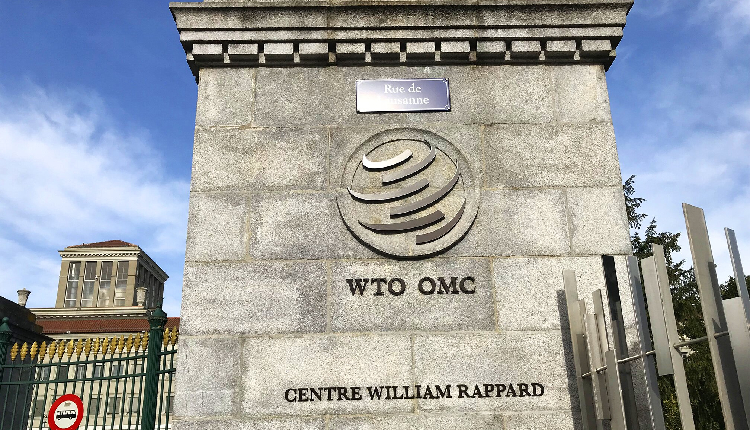The World Trade Organisation (WTO) stated that it lacked transparency in understanding China’s financial support for key industrial sectors like electric vehicles, aluminium, and steel production.
China provided financial support and incentives to industries during the 2021-2024 review period, but the lack of information from Beijing hindered the WTO’s ability to fully assess these programmes.
WTO’s report highlighted the lack of transparency in China’s government support, which could fuel debates on perceived overcapacity in various sectors, including semiconductors and shipbuilding.
The report noted that the size of Chinese government funds making equity investments in key industries using public resources could not be determined. These incentives have not been notified to the WTO.
The assessment was part of China’s trade policy review, conducted every few years for all WTO members, with China’s last review in 2021.
Other countries are preparing to react to the 173-page assessment of China’s trade policies, which highlights China’s significant role in the global economy and trade.
China claims to follow market principles and denies using prohibited subsidies for electric vehicles.
The statement emphasised the importance of defining talks on industrial subsidies and development to avoid broad discussions on state intervention or industrial policies.
The United States and Australia have raised concerns about China’s “non-market” practices, with the US urging progress at the WTO to address these issues.
All WTO members must adhere to the Anti-Subsidy and Countervailing Measures agreement, which prohibits government subsidies that harm other members’ trade or aim to distort global trade.
Attribution: Reuters


